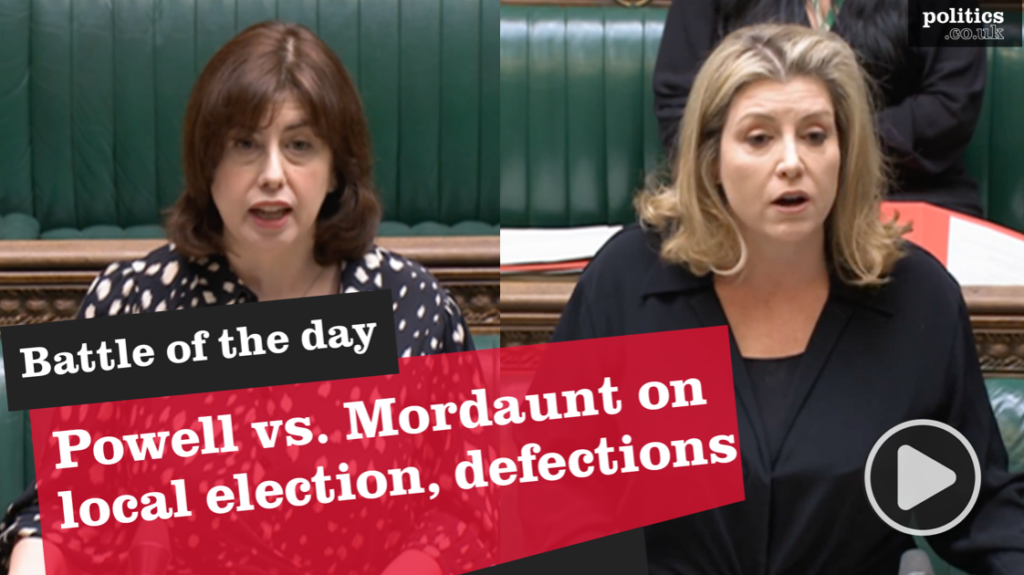Retail sales slow as high cost of living enters third year
Sales figures are not adjusted for inflation. Given that both the January SPI (BRC) and December CPI (ONS) show inflation running at higher than normal levels, the rise in sales masked a likely drop in volumes once inflation is accounted for.
Covering the four weeks 31 December 2023 – 27 January 2024
- UK Total retail sales increased by 1.2% year on year in January, against a growth of 4.2% in January 2023. This was above the 3-month average growth of 1.9% and below the 12-month average growth of 3.4%.
- Food sales increased 6.3% year on year over the three months to January, against a growth of 8.0% in January 2023. This is below the 12-month average growth of 8.1%. For the month of January, Food was in growth year-on-year.
- Non-Food sales decreased 1.8% year on year over the three-months to January, against a growth of 2.9% in January 2023. This is steeper than the 12-month average decline of 0.5%. For the month of January, Non-Food was in decline year-on-year.
- Over the three months to January, In-store Non-Food sales decreased 1.5% year on year, against a growth of 7.2% in January 2023. This is below the 12-month average growth of 0.8%.
- Online Non-Food sales decreased by 4.2% year on year in January, against a decline of 4.1% in January 2023. This was steeper than the 3-month decline of 2.3% and the 12-month decline of 2.8%.
- The proportion of Non-Food items bought online (penetration rate) decreased to 35.0% in January from 35.4% in January 2023.
Helen Dickinson OBE, Chief Executive of the British Retail Consortium, said:
“Easing inflation and weak consumer demand led retail sales growth to slow. While the January sales helped to boost spending in the first two weeks, this did not sustain throughout the month. Larger purchases, such as furniture, household appliances, and electricals, remained weak as the higher cost of living continued into its third year. The milder temperatures meant clothing sales performed poorly, particularly winter clothing and footwear. It was better news for health and beauty products, which continued to sell extremely well.
“With the Spring Budget in sight, and a general election looming, government cannot afford to ignore the needs of retailers and their customers. Employing three million people and supporting families and communities in every corner of the country, retail is the ‘everywhere economy’. By addressing the cumulative burdens, from business rates’ rises, to ill-conceived new recycling proposals to border control costs, the next government can unlock retail investment and boost local and national economic growth.”
Linda Ellett, UK Head of Consumer Markets, Leisure & Retail, KPMG, said:
“It may be a new year, but the hangover of low consumer confidence remains, with retail sales growing by a lacklustre 1.7% on the high street, and online operators seeing yet another month of negative sales performance.
“Health and beauty purchasing continued to drive sales both on the high street and online, whilst sun seekers and consumers with healthy resolutions front of mind, gave a boost to sports and travel equipment sales, which were up over 4% year on year.
“The extraordinary weather conditions across large parts of the country did little to encourage shoppers out on to the high street, whilst continued industrial action on the rail network was unhelpful for city centre locations. Whilst there are some positive signs that mortgage rates are starting to fall and stabilise, and shop inflation has fallen to its lowest level in over a year, the feel good factor has yet to materialise at the tills.
“It remains a difficult environment for retailers facing into significant downward pressures on demand, a strong promotional environment and uncertainty hitting supply chains due to rising geopolitical tensions. Retailers will be hoping that continued good news on the economy, coupled with the small boost given to some consumers as cuts in national insurance start to feed through to pay packets, will boost confidence and convert to sales. With increases in labour costs and business rates around the corner, retailers will be hoping for good news in the Chancellors’ upcoming Budget to give consumers that lift they need to start spending again.”
Food & Drink sector performance | Sarah Bradbury, CEO, IGD, said:
“The year has started on a positive note. Despite most of the country bracing arctic conditions in the early part of January, grocery volumes have seen their largest year-on-year growth in over 12 months. This should, however, be viewed in the context of the market having endured a prolonged period of significant volume declines. Grocery sales remain in year-on-year growth, and with inflation slowing and further price cuts across the market, the rate of growth has remained relatively stable for the past three months.
“We can see that households have had to be mindful with their spending in January. Nearly a third of households with children at home claimed to have bought on credit over Christmas, so some households – particularly less affluent ones – will likely cut back a little to pay off this festive spending. While wage growth is now ahead of inflation, it will be some time before real incomes recover to their pre-crisis levels and consumer spending fully recovers.”











